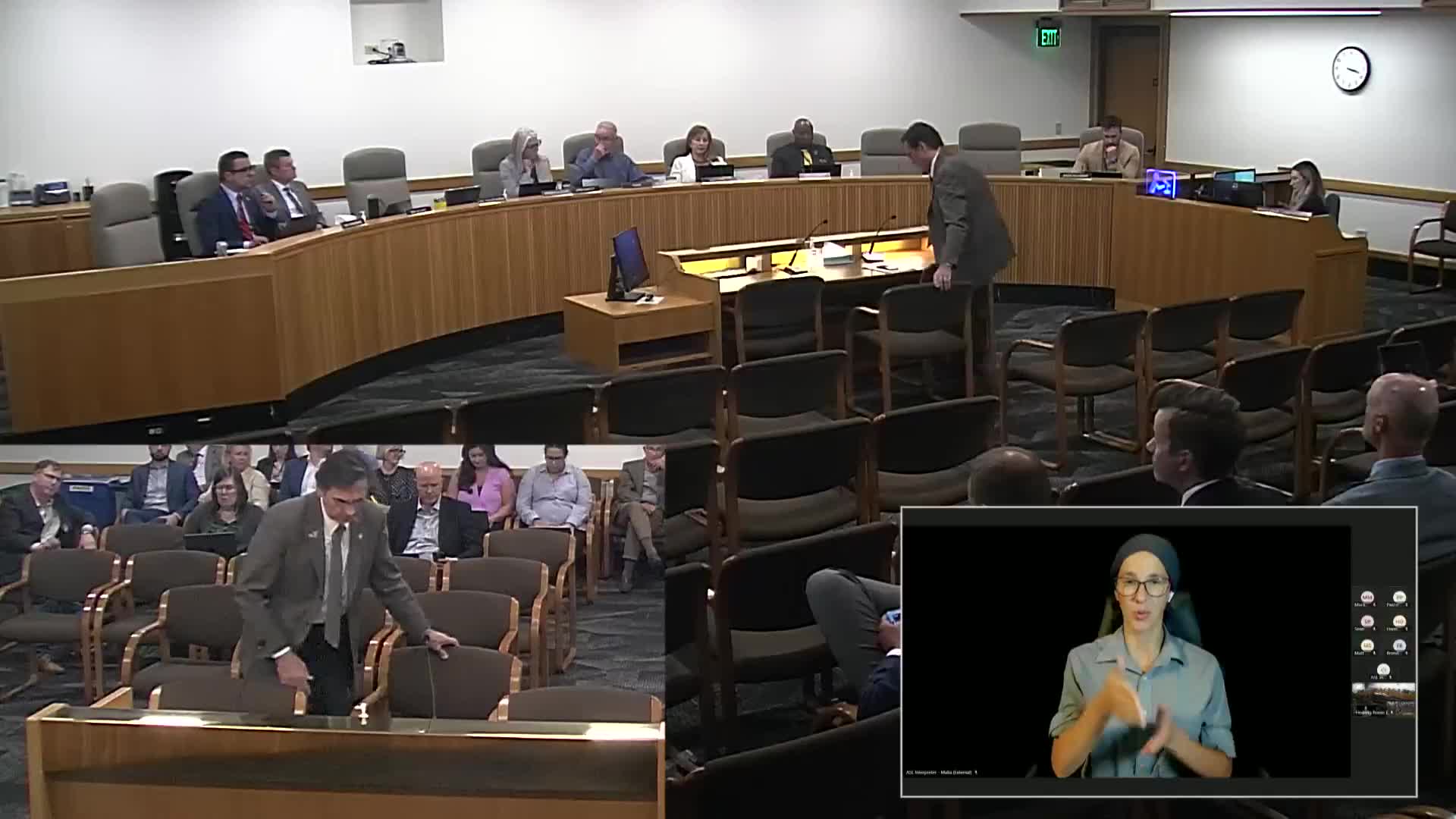Oregon bill would raise penalties for drones that interfere with emergency response
Get AI-powered insights, summaries, and transcripts
Subscribe
Summary
House Bill 3426A would expand criminal penalties for unmanned aircraft system interference to include search-and-rescue and all firefighting efforts and increase penalties for reckless and knowing interference; the measure received unanimous House support and had a Senate Judiciary public hearing on May 5.
Chair Floyd Prozanski opened a public hearing on May 5 for House Bill 3426A, a measure that would expand the criminal penalties for causing unmanned aircraft systems (drones) to interfere with public-safety activities.
Tisha, committee staff, summarized the bill and its effect: HB 3426A would expand the list of public-safety activities protected from interference to include search-and-rescue and all firefighting efforts and would increase penalties: recklessly causing interference would move from a class A violation to a class B misdemeanor, and knowingly or intentionally causing interference would move from a class A misdemeanor to a class C felony. The House reportedly approved the measure 52-0.
Representative Boyce, who presented the bill in the hearing record, told the committee that drones have already interrupted life-saving work. "Last September on I‑5, we had a rescue helicopter trying to get to a scene and they had to turn around and leave for some time because a drone was interfering," the representative said, adding a January example in which a drone struck a firefighting plane's wing in California. He said the bill raises public awareness that operating unmanned aircraft near emergency responses carries serious consequences.
Senators did not adopt further changes during the May 5 hearing. Committee members had an opportunity to ask questions but no final committee vote was recorded that day. The public hearing was closed and the committee returned to other business.
Ending: HB 3426A has unanimous House support and was formally heard by the Senate Judiciary Committee on May 5. Sponsors and supporters framed it as a targeted step to deter dangerous drone interference with emergency responders; the committee did not vote on the measure during the hearing.
